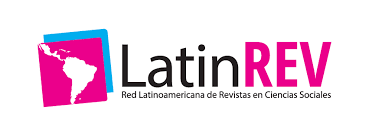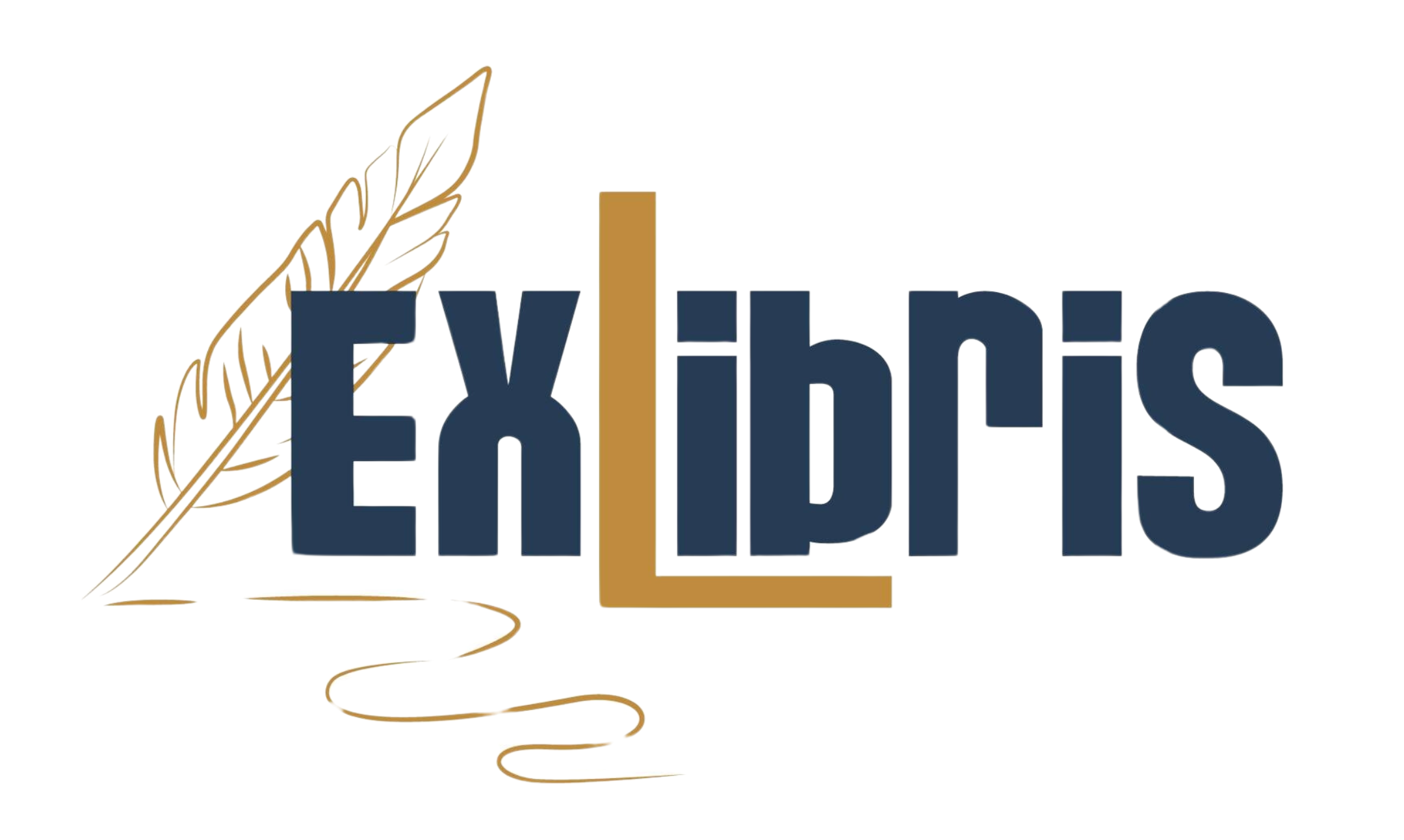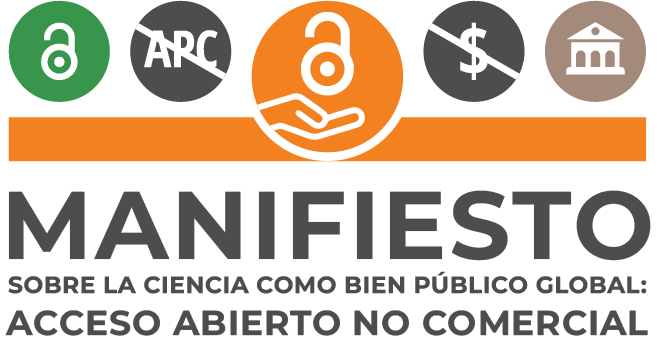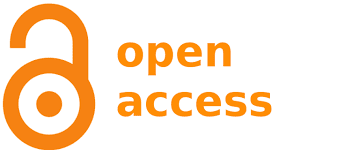Beyond the human: Artificial intelligence and education
DOI:
https://doi.org/10.69789/ccs.v10i1.615Keywords:
Artificial intelligence, ethical dilemmas, higher education, learningAbstract
The current scientific and technological development has generated momentous changes in the different spheres of society's life. Today, reference is made to the fourth Scientific-Technological Revolution that has introduced important transformations for the benefit of society. These advancements are innumerable, but at the same time, they have somewhat blurred what is beneficial or not for the human being with the use of Artificial Intelligence (AI).
The frontier of its use generates multiple controversies and faces profound ethical dilemmas. It is not so evident that the use of AI is always useful; it sometimes generates conflicts, contradictions, and dilemmas that are not always shared by everyone, as well as the extent to which it can be used and the degree of its positive or negative impact. Then, what to say when AI attempts to replace human thought, especially in higher education. The benefits of Artificial Intelligence in higher education, particularly in the personalized attention of students, should not be forgotten. However, these particularities become conflicts associated with learning, which questions the legitimacy of its use. For this reason, the fundamental focus of this study is to substantiate, within the benefits and limitations for students and professors in higher education, the ethical limits on which the use of Artificial Intelligence as an educational technology rests, combined with the use of active methodologies to promote multiple intelligences in the students' learning process and the ways to solve their conflicts.
References
Ausubel, D.P. (1963). The psychology of meaningful verbal learning. New York, Grune and Stratton. https://search.worldcat.org/es/title/The-psychology-of-meaningful-verbal-learning-:-an-introduction-to-school-learning/oclc/183907
Blanchard, E. G. (2015). Sociocultural Imbalances in AIED Research: Investigations, Implications and Opportunities. International Journal of Artificial Intelligence in Education, 25, 204-228. Cervantes (p, 115). https://scholar.google.com.sv/scholar?q=Blanchard,+E.+G.+(2015).+Sociocultural+Imbalances+in+AIED+Research:+Investigations,+Implications+and+Opportunities&hl=es&as_sdt=0&as_vis=1&oi=scholart
Cheatham, Benjamín Javanmardian , Kia y Samandar Hamid. (2019) “Enfrentando los riesgos de la inteligencia artkificial”. https://www.mckinsey.com/capabilities/quantumblack/our-insights/confronting-the-risks-of-artificial-intelligence/es-CL
Cowan, George; David Pines; David Elliott Meltzer. (1999) “Complejidad: metáforas, modelos y realidad”. Cambridge, Massachusetts: Perseus Books.. ISBN 978-0738202327. Daily Genius. Programa. https://www.secondstorybooks.com/pages/books/1378466/g-a-cowan-david-pines-david-meltzer-george-a-david-elliott/complexity-metaphors-models-and-reality-advanced-book-classics
Fidias G. Arias. ( 2012). “El proyecyo de investigacion. Introducción a la metodología científica” 6ta. Edición. https://abacoenred.org/wp-content/uploads/2019/02/El-proyecto-de-investigaci%C3%B3n-F.G.-Arias-2012-pdf-1.pdf
Gardner H. (2019) “Nuevo Prólogo de Inteligencias múltiples. La teoría en la práctica” https://www.planetadelibros.com. Primera edición 1993 y 1.ª edición en esta nueva presentación, octubre de 2019. Cap. I, En pocas palabras, pág. 33 y 34, Paidos Educación
Gardner, Howard. (1983) “Multiple intelligences.” Nueva York: Basic Books. ISBN 0-465-04768-8. https://scholar.google.com.sv/scholar?q=Gardner,+Howard.+(1983)+%E2%80%9CMultiple+intelligences&hl=es&as_sdt=0&as_vis=1&oi=scholart
Gutiérrez, Juan David. (2020). Retos éticos de la inteligencia artificial en el proceso judicial. https://pure.urosario.edu.co/es/publications/retos-%C3%A9ticos-de-la-inteligencia-artificial-en-el-proceso-judicial
Hernández Sampieri, R, Fernández, C & Baptista, P. (2010). Metodología de la Investigación. (Quinta Edición). México D.F, México: McGraw-Hill. https://www.uv.mx/personal/cbustamante/files/2011/06/Metodologia-de-la-Investigaci%C3%83%C2%B3n_Sampieri.pdf
Jara Ignacio y Juan Manuel Ochoa. (2020) “Usos y efectos de la Inteligencia artificial en educación. BID. https://publications.iadb.org/es/usos-y-efectos-de-la-inteligencia-artificial-en-educacion
Kelleher John D. and Tierney, Brendan. (2018) “Data Science”, MIT Press Essential Knowledge series. ISBN: 9780262535434. Disponible en: https://mitpress.mit.edu/9780262535434/data
Kerr Emma. (2018). “What a Controversy Over an App Tells Us About How Students Learn Now”. The Chronicle of Higher Education, 15 de mayo de 2018. https://elearningindustry.com/should-students-be-using-online-tools-and-ai-to-study
Khalil, Ebner. (2015) Learning Analytics: Principles and Constraints. https://www.researchgate.net/publication/278940599_Learning_Analytics_Principles_and_Constraints
Kliegra, Tomas, Bah´ık Stepan y Furnkranz Johannes. (2021) “A review of possible effects of cognitive biases on interpretation of rule-based machine learning models”. https://www.sciencedirect.com/science/article/pii/S0004370221000096
Lu, L. L. y L.A. Harris. (2018). Artificial Intelligence (AI) and Education. FOCUS: Congressional Research Service. Consultado en https://fas.org/sgp/crs/misc/IF10937.pd
Matute, Elena. (2019). “Psicología, inteligencia artificial: cuestiones de ética”. https://www.youtube.com/watch?v=lR-LqchE7m.
Mauro, Alejandro. (2021). “¿Por qué los humanos seremos más inteligentes que las máquinas?” https://discourse.forosaluddigital.cl. 2019
Pink, Daniel “The power of regret: how looking Backward moves Us forward”. https://www.amazon.com/Power-Regret-Looking-Backward-Forward/dp/0735210659
Nye, B.D. (2015). “Intelligent Tutoring Systems by and for the Developing World: A Review of Trends and Approaches for Educational Technology in a Global Context. International Journal of Artificial Intelligence in Education”, 2015. 25(2), 177-203. https://link.springer.com/article/10.1007/s40593-014-0028-6
Palella Stracuzzi, Santa; Martins Pestana, Feliberto. (2012). “Metodología de La Investigación Cuantitativa. https://gc.scalahed.com/recursos/files/r161r/w23578w/w23578w.pdf
Pink, Daniel. (2021) “The power of regret: how looking Backward moves Us forward”. https://www.amazon.co.uk
Porcelli, Adriana Margarita. (2020). “La inteligencia artificial y la robótica: sus dilemas sociales, éticos y jurídicos”. Vol. VI. Número 16, noviembre 2020 – febrero 2021, http://www.scielo.org.mx
Prieto, Blanco. (2018). “Flexibilidad y competencias profesionales: una perspectiva organizacional integradora. https://www.researchgate.net/publication/328804266_Flexibilidad_y_competencias_profesionales_una_perspectiva_organizacional_integradora
Schweisfurth, Tim y Chester Goduscheit René. (2020) “From the pyramids to Apollo 11 – can AI ever rival human creativity”. https://theconversation.com/from-the-pyramids-to-apollo-11-can-ai-ever-rival-human-creativity-131163
Suresh, H., & Guttag, J. V. (2020) A framework for understanding unintended consequences of machine learning. Equity and access in algorithms, mechanisms, and optimization. Recuperado de Cornell University. https://arxiv.org/abs/1901.10002
Tennenbaum, Jonathan. (2020) “De las previsiones exageradas al “invierno de la IA” https://msiainforma.org/es/espanol-de-las-previsiones-exageradas-al-invierno-de-la-ia/
Tisselli, Eugenio. (2016). “Article 27: Algorithmic politics.” Furtherfield. https://www.furtherfield.org/article-27-algorithmic-politics/.
Downloads
Published
Issue
Section
License
Copyright (c) 2024 Armando Briñis Zambrano, Ramón Sánchez Noda, David Alberto Quintana Pérez

This work is licensed under a Creative Commons Attribution-NonCommercial-ShareAlike 4.0 International License.
Los artículos de Ciencia, Cultura y Sociedad están publicados en acceso abierto bajo una licencia CC BY-NC-SA 4.0 de la Universidad Evangélica de El Salvador.


















